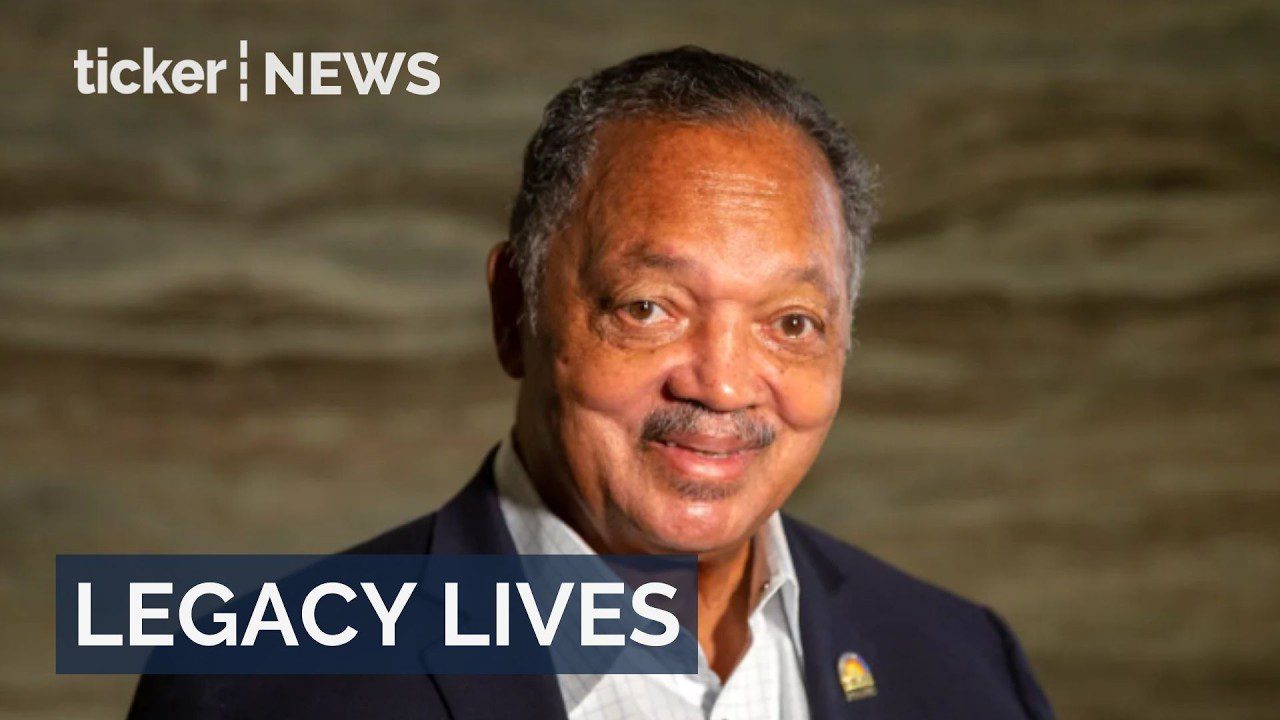News
Right-wing populism rises amid economic, immigration concerns
Right-wing gains surge globally as economic fears and immigration issues shift political landscape away from progressive agendas.

News
Ukraine Russia peace talks stall with no breakthrough
Zelenskiy blames Moscow for stalling Geneva peace talks; negotiations to resume amid unresolved eastern territory and nuclear power plant disputes.
News
Iran on edge as military build up meets domestic unrest
Iran strengthens military and nuclear sites amid US carrier presence, escalating fears of confrontation and internal dissent pressure.
News
Jesse Jackson dies at 84 civil rights leader and presidential candidate
Civil rights leader Jesse Jackson, 84, dies, leaving a legacy in equality advocacy and global diplomacy.
-



 Shows4 days ago
Shows4 days agoReal estate insights: Technology changes and trust remain
-



 News4 days ago
News4 days agoOne Nation matches coalition as Liberal backing slides
-



 Tech4 days ago
Tech4 days agoCrew-12 astronauts arrive at the International Space Station
-



 Shows4 days ago
Shows4 days agoMedicinal Cannabis reform: Patient demand vs regulatory hurdles in Australia
-



 Money4 days ago
Money4 days agoAI fears rattle global markets and investors
-



 Ticker Views4 days ago
Ticker Views4 days agoGlobal rallies show support for Iran as sanctions and tensions rise
-



 News19 hours ago
News19 hours agoUkraine Russia peace talks stall with no breakthrough
-



 Ticker Views4 days ago
Ticker Views4 days agoTrump scraps key climate law, U.S. emissions regulation at risk






